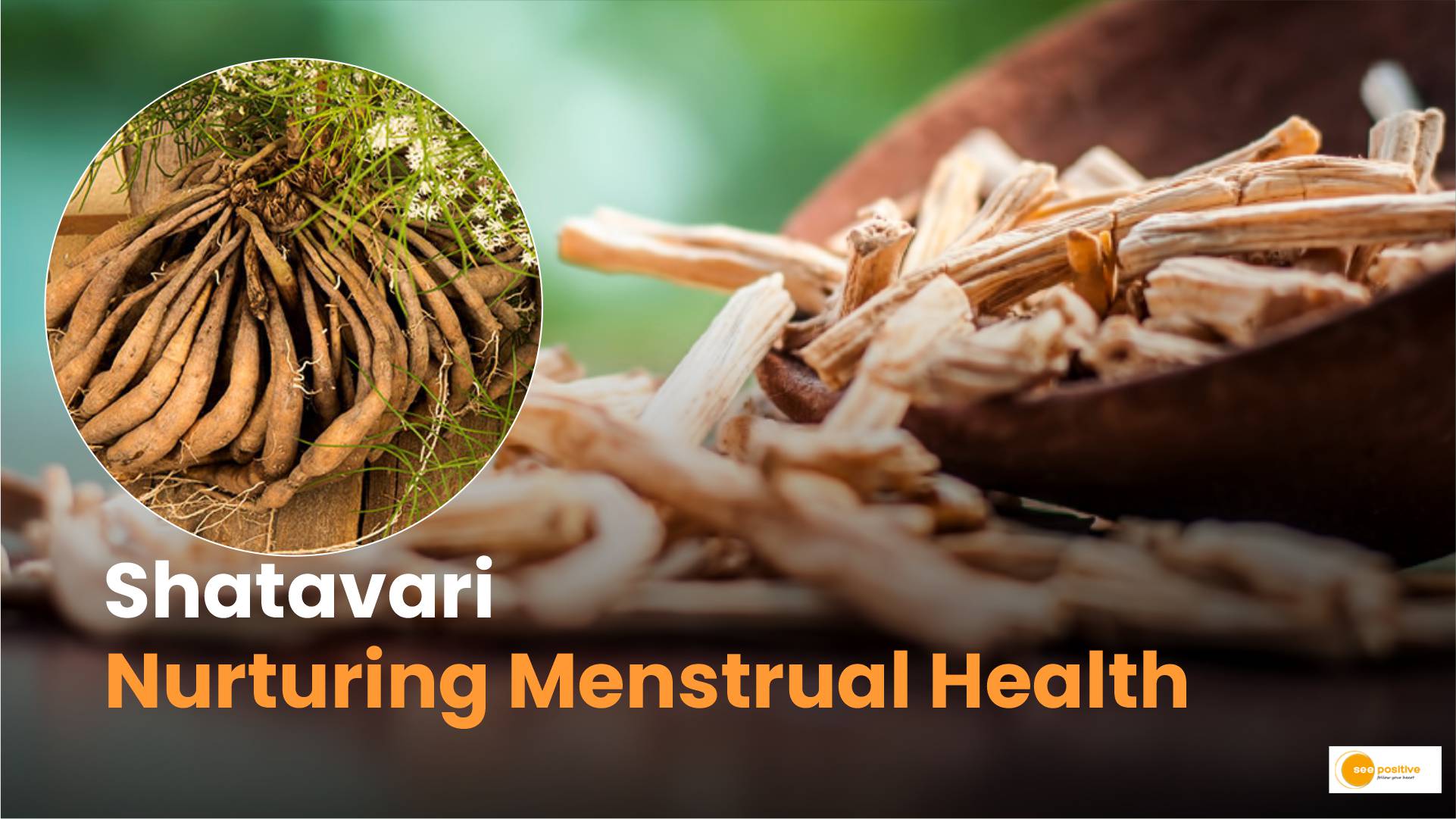Shatavari, also known as Asparagus racemosus, is a revered herb in Ayurvedic medicine. Its name translates to “one who possesses a hundred husbands,” highlighting its traditional use for women’s health. Beyond its historical significance, it offers a plethora of health benefits, including potential involvement in protein metabolism. Let’s delve into the wonders of Shatavari and explore its role in supporting overall well-being.
The Herbal Gem
1. Women’s Health Support
It has been traditionally used to regulate menstrual cycles and alleviate symptoms associated with menopause. Its adaptogenic properties may help women cope with stress and hormonal fluctuations.
2. Protein Metabolism
Recent research suggests that Shatavari may play a role in protein utilization within the body. Efficient protein metabolism is crucial for tissue repair, muscle building, and overall health.
By enhancing protein utilization, it could be beneficial for individuals with higher protein requirements, such as athletes, bodybuilders, and those recovering from illness or injury.
3. Other Health Benefits
- Antioxidant Properties: Shatavari contains bioactive compounds that combat oxidative stress, protecting cells from damage.
- Anti-Inflammatory Effects: It may help reduce inflammation, benefiting conditions like arthritis and digestive disorders.
- Immune Support: Shatavari’s immunomodulatory properties contribute to a robust immune system.
- Digestive Health: It soothes the digestive tract and supports healthy gut function.
- Anti-Aging Potential: Shatavari’s rejuvenating properties promote vitality and longevity.
- Stress Relief: Some research indicates Shatavari might have adaptogenic properties, helping the body adapt to stress.
How to Incorporate Shatavari
- Herbal Supplements: Shatavari is available in various forms, including capsules, powders, and liquid extracts. Consult a healthcare professional before starting any new supplement.
- Traditional Recipes: Shatavari can be added to herbal teas, tonics, or desserts. Its mild, earthy flavor blends well with other ingredients.
- Dosage: Follow recommended dosages based on individual needs and health conditions.
Precautions and Side Effects
- While generally safe, some individuals may experience mild gastrointestinal discomfort.
- Pregnant and breastfeeding women should consult a healthcare provider before using Shatavari.
Positive Takeaway
Shatavari, the “Queen of Herbs,” continues to captivate researchers and health enthusiasts alike. Its potential role in protein metabolism underscores its versatility. Whether you’re seeking hormonal balance, immune support, or overall wellness, consider incorporating Shatavari into your holistic health regimen.
Remember, always consult a healthcare professional before introducing any new supplement or herb into your routine. Shatavari’s ancient wisdom meets modern science, making it a true wonder herb for our times.


